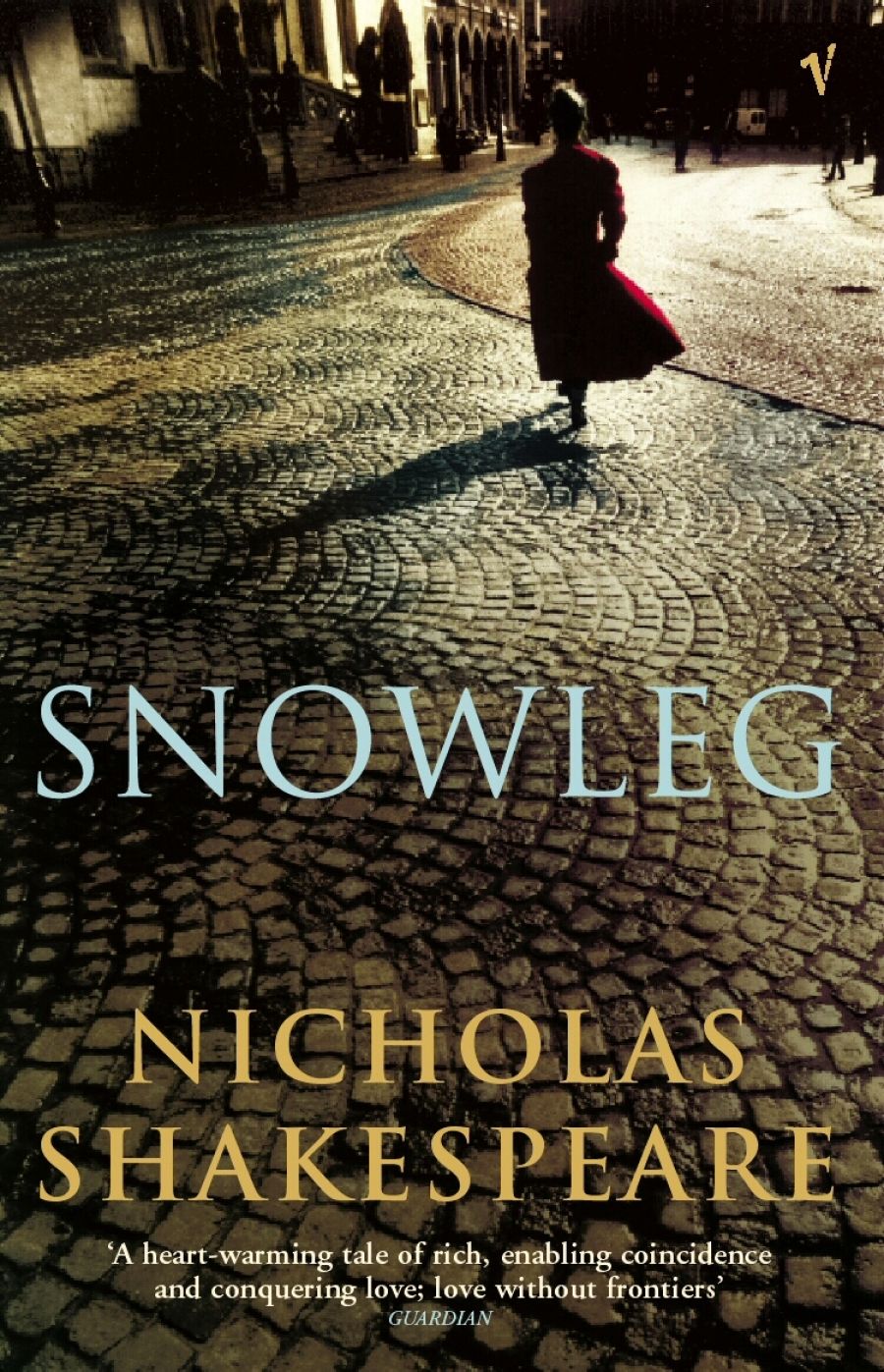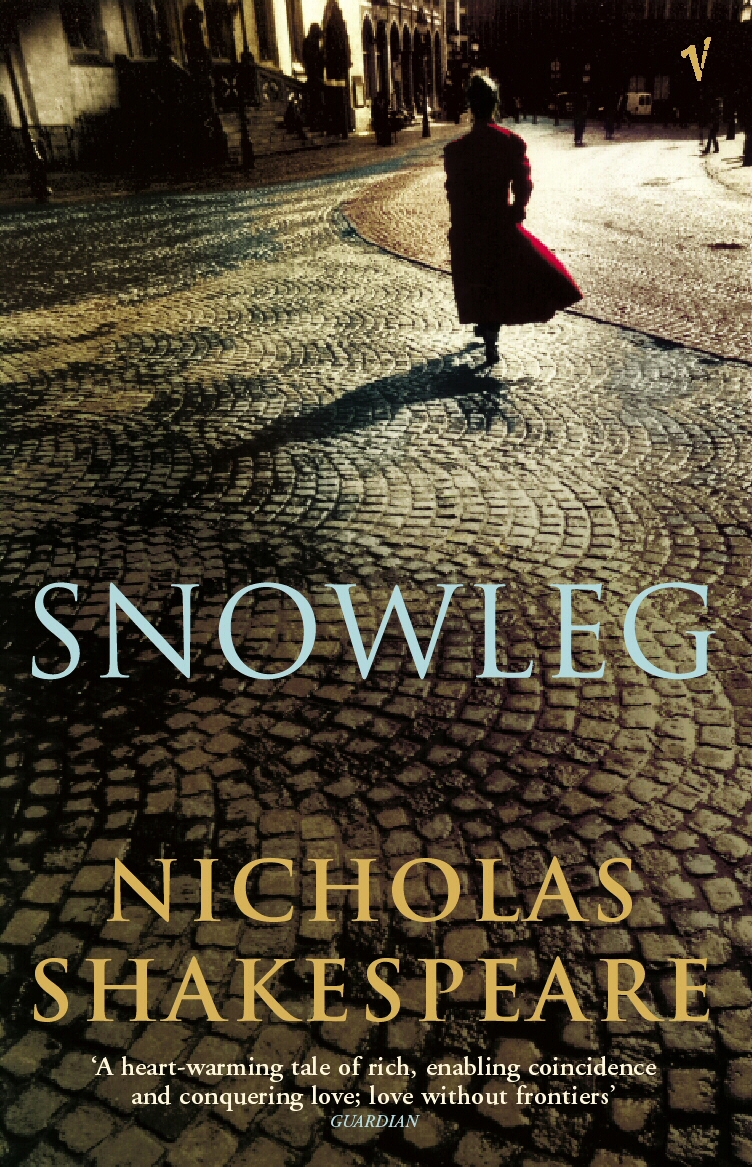
- Free Article: No
- Contents Category: Fiction
- Custom Article Title: Love and the Wall
- Review Article: Yes
- Article Title: Love and the Wall
- Online Only: No
- Custom Highlight Text:
On his sixteenth birthday, Peter Hithersay discovers that his father is not his father. His mother’s husband, Rodney, has wanted to dispel this misunderstanding for a long time, but it has taken years for Henrietta to say what has needed to be said.
In 1960 Henrietta was sent as a substitute to compete in a Bach festival in Leipzig, one of the most musical cities in the world. Bach lived there for twenty-seven years; Wagner was born there; other musical notables, such as Grieg and Schumann, have been associated with the city. But Leipzig, two hours from Berlin, spent forty years last century at the heart of the GDR, the police state of East Germany. Leipzig was the hub of one of the most unmusical régimes imaginable, and became a stronghold for the notorious secret police, the Stasi.
- Book 1 Title: Snowleg
- Book 1 Biblio: Harvill Press, $32.95 pb, 389 pp
- Book 1 Cover Small (400 x 600):

- Book 1 Cover (800 x 1200):

The contrast between the two Leipzigs expresses the tension that is brilliantly exploited at many levels in Nicholas Shakespeare’s new novel, a tender work that explores brutality. It deals with the life of the spirit, on the one hand, and with obsession and control on the other.
While in East Germany on her brief visit, Henrietta is accosted in the street by a young man she will only ever know as Peter. He is a political prisoner, serving a five-year sentence for ‘slander against the state’, who is now attempting an escape. Henrietta takes him in, feeds him and listens to his story. But a boy in the street has noticed something odd and tipped off the police, and, in the morning, the authorities arrive. Peter is carted away and Henrietta returns to England pregnant. Seventeen years later, she tells her son the strange story of his conception.
Peter Hithersay’s life is turned inside out. His image of himself as English starts to dissolve, so much so that he eventually goes to study in West Germany. One of the few facts he knows about his father is that he aspired to be a doctor. On that basis, he enrols to study medicine in Hamburg.
Snowleg is a novel whose structure depends on two brief liaisons and betrayals, both of which are exquisitely created. The first takes place in 1960, the second in 1983, when Peter accepts an invitation to cross the Iron Curtain from Hamburg to Leipzig, accompanying a group of students who have been invited to put on a theatrical performance. Peter has no taste for theatre but drops everything, much to the annoyance of his girlfriend, to take a role as a stage manager. At last he has a chance to set foot in his father’s city.
In Leipzig, Peter falls in love at first sight with a young woman he glimpses in a church. He only ever gets to know her nickname: Snowleg. They go to a party and sleep together for one night in a shed in a freezing park. Peter finds a recording device hidden in a gnome in the park and begins to get nervous. Later, when Snowleg turns up at a reception for the visiting actors, Peter disowns her publicly. She is dragged off to face god knows what kind of future. Peter immediately regrets what he has done.
The rest of the novel follows Peter as he tries desperately to connect with his natural father and to reconnect with Snowleg. It is rich in subtlety and ambiguity. Peter can be as obsessive in his hunt as the Stasi. His attitude to women and his misadventures with drugs show that he has a brutal streak, directed sometimes against others, sometimes against himself. After the Berlin Wall is removed, he is able to become more active in his searches. Little by little, a complex picture emerges. At the heart of this picture is the difficult question of whether or not Snowleg was working for the Stasi. Peter’s behaviour often looks a bit shoddy; in contrast, the novel reserves a key cameo for Uwe, a Stasi operative, whose central humanity was, by some miracle, hidden but never lost. Uwe helps with some answers. Shakespeare’s prose always probes beneath surfaces, as in this description of an old woman: ‘her face was not a face but an old right of way grown over with grass and wire and rusted cars.’
Reading Snowleg, I went back to Anna Funder’s Stasiland (2002), a personal account of exploration in the former East Germany during the 1990s. Funder does in non-fiction a little of what Shakespeare does in fiction: both works, for example, look at the bizarre Stasi system for collecting smell samples as a kind of fingerprint. Funder points out that at the height of the Cold War the KGB had one agent for more than 5000 citizens; the Stasi had an informant for every sixty people. Paranoia was a way of life. Funder also describes the strange relationship between fact and fiction that existed in the former GDR, an ability to negotiate that was the key to survival for its citizens. It is this relationship that provides Shakespeare with wonderful narrative opportunities. He has rich material with which to work, and he makes the most of it.


Comments powered by CComment